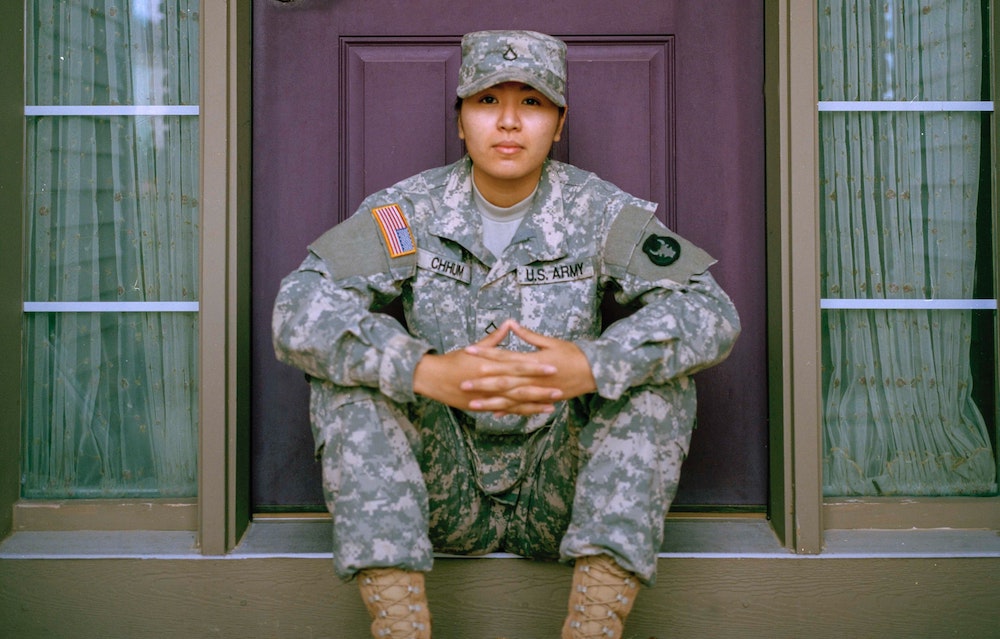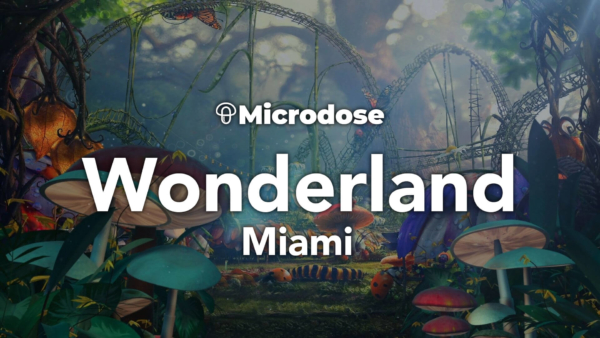
The Minority Veterans of American (MVA) urged Congress to relax policies restricting the use of psychedelic therapies so veterans suffering from mental health conditions such as severe depression and post-traumatic stress disorder (PTSD) could have access to alternative treatments. Psychedelic treatments such as LSD, psilocybin, MDMA, and ketamine are classified as DEA Schedule I drugs.
In a letter submitted to the House and Senate Veterans Affairs Committees, MVA executive director and co-founder Lindsay Church told lawmakers that, “The epidemic of substance use disorder and other mental health crises among veterans demonstrates the need for innovative therapies that extend beyond traditional psychopharmacological interventions. As such, we believe it is necessary to include cannabis and psychedelics in the VHA’s [Veterans Health Administration] pharmacological repertoire. … [R]esearch into psychedelics has demonstrated its efficacy to treat both substance use disorders and for post-traumatic stress disorder [PTSD].”
An estimated 11% to 20% of veterans who served in the wars in Iraq and Afghanistan have PTSD—much higher than the general U.S. population. Research sponsored by the Multidisciplinary Association for Psychedelic Studies (MAPS), shows MDMA greatly reduced mental health symptoms and suicidal ideation in veterans and non-veteran participants with PTSD.
Church also recognized that the VHA uses ketamine to treat veterans with treatment-resistant depression on a “pre-approved, case-by-case” basis, but pointed out that research in non-veteran populations “demonstrates its therapeutic efficacy, especially for short-term use.”
The organization also urged the Committees to support and remove existing governmental impediments to cannabis and psychedelic research and therapies within the Department as well as across the country.
MVA was one of four new Veteran Service Organizations to provide testimony to the joint session of the House and Senate Committees on Veterans’ Affairs last week. The MVA is a nonprofit organization focusing on advanced equity of minority veterans such as those who are women, people of color, LGBTQ, and those from religious minorities.
Addressing mental health disparities, including veteran suicide, is one of MVA’s core policy priorities. Aside from expanding psycho-pharmacological medical interventions, specifically with cannabis and psychedelics, the organization is also calling for more focus on minority stress and social determinants of health, eating and substance abuse disorders, and gun violence.





